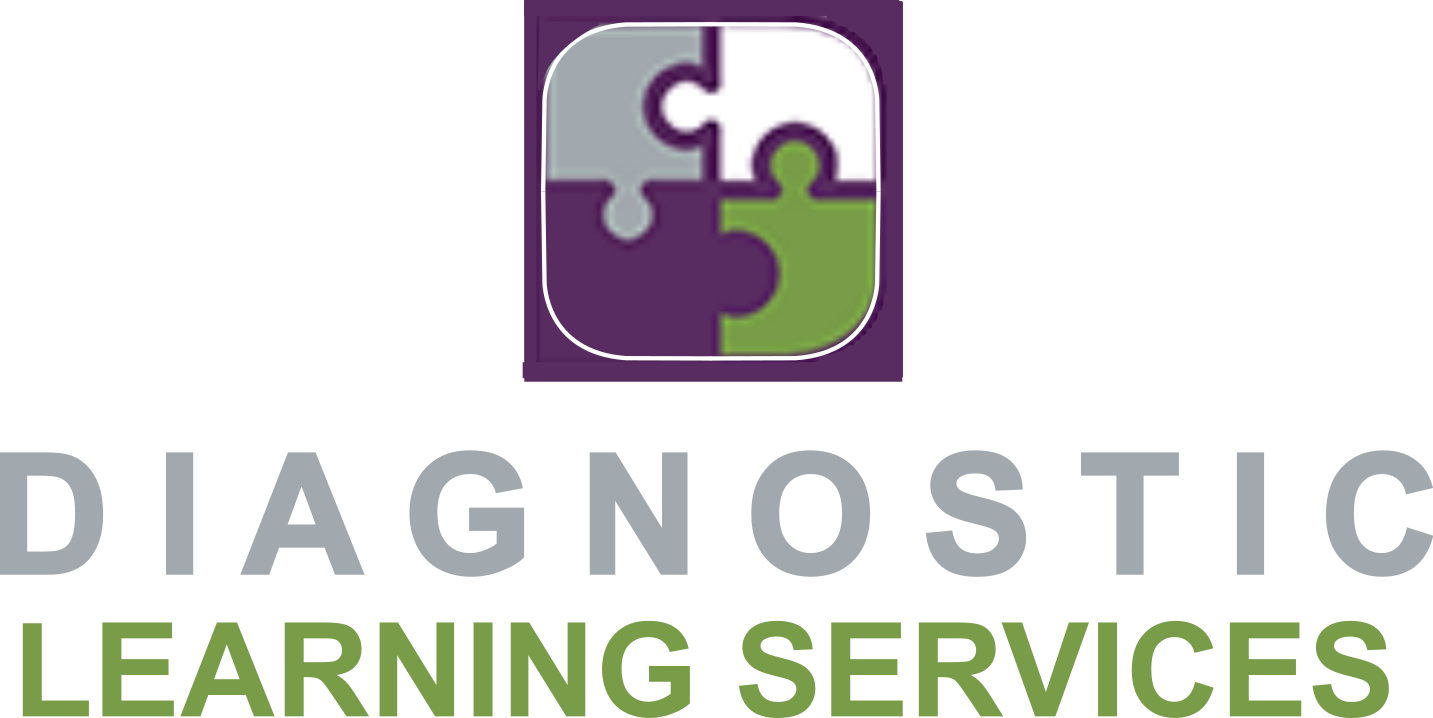Updates to Dyslexia Identification, Evaluation and Instruction
On August 16, 2023, the Texas Legislature approved updates to Dyslexia Identification, Evaluation and Instruction HB 3928. The new legislation is addressed via House Bill (HB) 3938, and it made changes to the Dyslexia Handbook , 2021 Update.
What’s New?
Prior to this update, Dyslexia was identified as part of a Specific Learning Disability (SLD) in Basic Reading and/or Reading Fluency with or due to Dyslexia. Now, Dyslexia is considered a Specific Learning Disability on its own. In other words, you might now see that your child meets eligibility for a Specific Learning Disability for Dyslexia.
Prior to this update, your child could receive Dyslexia services through Section 504, where students who did not meet eligibility criteria for Special Education Services could receive Dyslexia Services in the general education setting. Now, all children who are identified as Dyslexic are eligible to receive services in the Special Education setting, even if they are academically successful.
Why Special Education?
The legislature determined that Dyslexia Programs are considered specially designed instruction (SDI). In other words, “a student has been identified as a student with dyslexia and has been determined to need an evidence-based dyslexia program or other SDI, then the student qualifies for special education and related services under IDEA as a student with a SLD for dyslexia” (FAQs: Dyslexia Evaluation, Identification, & Instruction House Bill (HB) 3928, 2023, TEA). If your child is being instructed using a program such as the Orton Gillingham Approach or The Wilson Reading System, this is considered SDI.
How Does This Impact My Child?
If your child is currently receiving Dyslexia services through Section 504, they will continue to receive those services. However, between now and the 2024-2025 school year, you may be notified that your child is being referred for a Full and Initial Individual Evaluation (FIIE) as part of the transition to Special Education services if your child continues to require the specially designed instruction (SDI).
Why a FIIE?
Previously, your child could receive Dyslexia services, through Section 504, with a diagnosis from a physician or an evaluation from an agency outside of the school. Now, your child must have a comprehensive evaluation that meets all of the TEA requirements. If your child’s evaluation does not meet the TEA requirements, a Full and Individual Initial Evaluation may need to be completed by the school.
What If I Don’t Want Special Education Services?
“TEA expects that a student will no longer be eligible to receive instruction in an evidence-based dyslexia program through a Section 504 accommodation plan if a parent refuses to consent to a FIIE” (TEA). In other words, if you do not consent to a FIIE and/or a Special Education placement, your child will not be able to receive dyslexia services using an evidence based dyslexia program. They will, however, be able to receive “regular education aids and services” that are available to all students (TEA).
What Should I Do?
Your school should already know that they have to address the transition to Special Education for all students who are receiving Dyslexia Services through 504 and should be reaching out to you in the upcoming months. However, if you already have a comprehensive evaluation completed by Diagnostic Learning Services, or another evaluation agency, the school may be able to accept the evaluation without having to conduct a FIIE or administer any additional assessments. This could potentially expedite the process of having your child transition from receiving Dyslexia services through Section 504 to receiving services through Special Education. If you haven’t done so already, share the report with your school and request a 504 meeting to discuss the next steps.
If you would like more information about Dyslexia, the new TEA Dyslexia updates, or would like your child to be evaluated for Dyslexia, Specific Learning Disabilities and/or ADHD, please reach out to your local Diagnostic Learning Services office.
Resources:
https://tea.texas.gov/academics/special-student-populations/dyslexia-and-related-disorders
